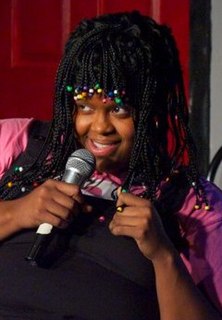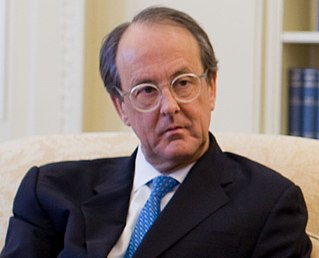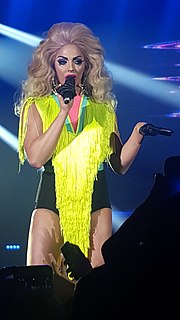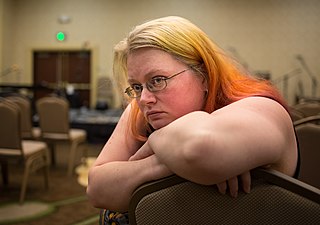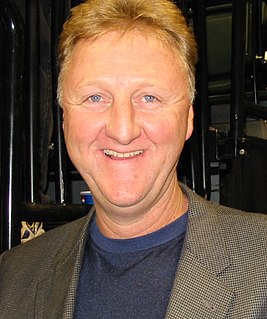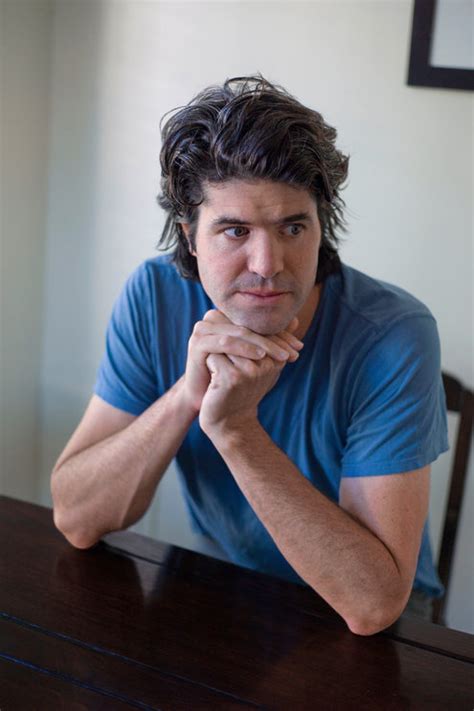A Quote by Robert Cormier
I don't think I began to be a professional writer until I learned my weaknesses and what I couldn't do. This forced me to compensate.
Quote Topics
Related Quotes
One of the advantages of having gone to Penn State was having had a scholar for a mentor - Philip Young. Also, a professional writer named Philip Klass taught there. He was a science fiction writer whose pseudonym was William Tenn. As a professional writer, he brought wisdom to teaching because he'd done it for a living.


